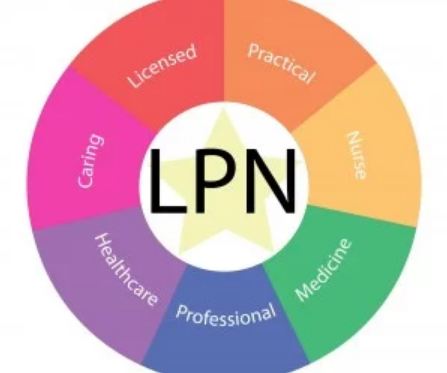
Nursing Conferences 2019 | World Nursing Congress 2019 | 53rd World Congress on Nursing and Healthcare
What is an LPN: Licensed Practical Nurse
What exactly does a licensed practical nurse do? An LPN works under the supervision of doctors and RNs, performing duties such as taking vital signs, collecting samples, administering medication, ensuring patient comfort, and reporting the status of their patients to the nurses.
Another title provided is "registered practical nurse" (RPNs) in the Canadian province of Ontario.
A person can generally become an LPN with two years of training; all U.S state and territorial boards also require passage of the NCLEX-PN exam. In Canada, the education program ranges from two to three years of post-secondary and students must pass the intensive Canadian Practical Nurse Registration Exam (CPNRE).
What does an LPN Do?
The roles of this job are similar to the duties of an RN. According to Rasmussen, typical job duties will include:
- Monitoring basic patient health such as vital signs and overall condition
- Changing dressings or inserting catheters
- Taking patient histories and maintaining documentation
- Assisting with tests or procedures
- Providing such aged personal care, helping with bathing and toileting
- Consulting with RNs on care plans
While duties may vary slightly depending on your employer, LPNs and LVNs are essentially the same thing—the difference is the name and the state where you work. A licensed vocational nurse is the title used in Texas and California, while licensed practical nurse is used in the rest of the United States.
Where they work
They can both be employed in the same types of places – hospitals, nursing homes, etc. The biggest difference is that a vocational nurse will need to be supervised by an RN at any of these places.
Here are some typical job locations:
- Nursing home
- Hospital
- Home health care
- Doctor’s Offices
- Rehabilitation Center
- Military Bases
Can LPNs specialize?
LPN education often covers a wide variety of topics, so you can leave your program with knowledge and skills in many areas. Specialization isn’t required, but you might choose to focus your career by gaining certification through a state organization or the National Association of Practical Nurse Education and Services (NAPNES). You can specialize in areas like IV therapy, long-term care, pharmacology, correctional health, and developmental disabilities.
For further information about the Licensed Practical Nurse: https://nursingcongress.nursingconference.com/conference-brochure.php

No comments:
Post a Comment